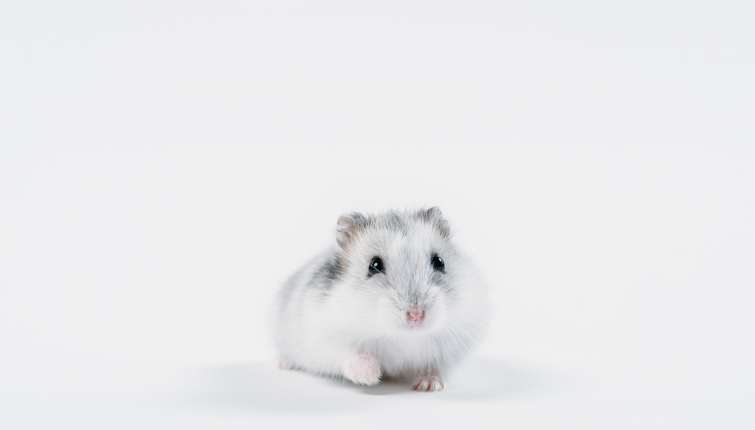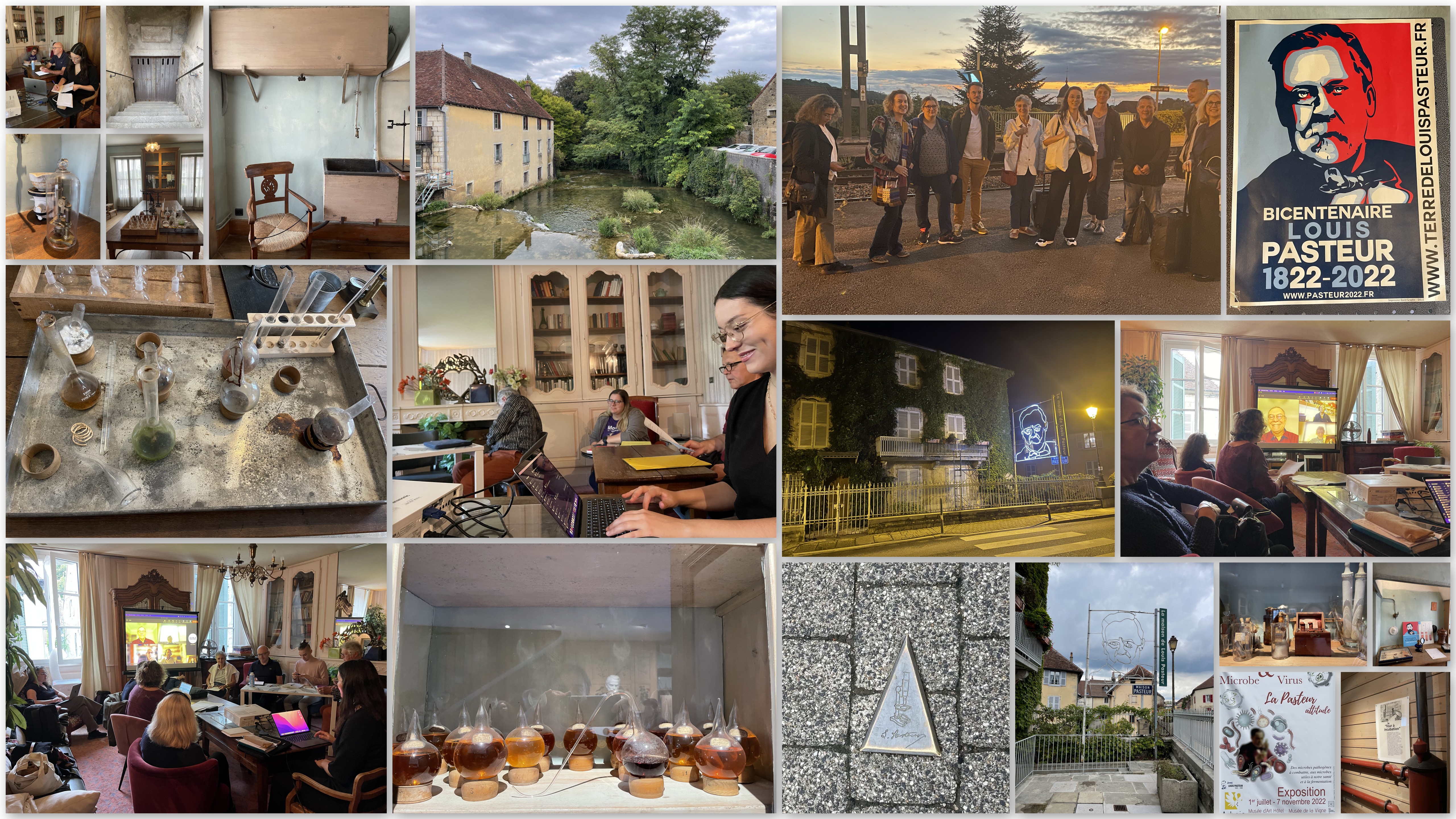
 ethics
ethics
Focus on recent developments and upcoming plans for the CETEA
The use of animal models for biomedical research continues to be an essential prerequisite to research on human subjects, but it raises legitimate concerns among the general public. The public rightly wants information about the usefulness of the experiments carried out, the possibility of achieving comparable results without using live animals, the conditions in which the animals are kept and how they are treated. Any use of animals for research must therefore be authorized in advance by the French Ministry of Higher Education and Research (MESR). This authorization is based on analysis and opinions issued by local specialized ethics committees known as Committees for Ethics in Animal Experimentation or CEEAs.
At the Institut Pasteur, projects using animals are assessed by the Institut Pasteur's Committee for Ethics in Animal Experimentation, known as the CETEA. The CETEA is composed of 27 voluntary members who meet each month, or more often if needed on a one-off basis, as has been the case on several occasions since 2020 to examine projects in response to the health crisis caused by SARS-CoV-2.
- Organization
In 2022, some major changes were made to the organization of the CETEA:
• affiliation of the CETEA with the Institut Pasteur Ethics Unit on October 26, 2022. The Ethics Unit had previously developed particular expertise in research on humans and the ethical evaluation of such projects. Discussions with the CETEA indicated that it now makes sense to combine the two fields to optimize results. This decision is part of efforts by the Ethics Unit to familiarize itself with all types of research carried out at the Institut Pasteur so that it can offer the best possible support. Developing broader expertise in all ethics issues, which by nature have implications for a wide variety of activities on campus, will also boost the potential for establishing links with academic partners (especially Université Paris Cité), with the aim of addressing topical debates, sharing methodological expertise and developing the Institut Pasteur's initiatives;
More information in the decision memo (in French)
• receipt of MESR accreditation, which since 2022 has been issued to CEEAs whose composition and operation "offer guarantees of independence and impartiality" in accordance with regulatory requirements. This accreditation followed the co-opting of four new external members to the CETEA
Read the accreditation issued by the MESR
Find out more about the new members appointed to the Institut Pasteur CETEA in December
See the composition of the CETEA
Find out more about how the CETEA operates
- Upcoming CETEA news
Since 2021, the CETEA has organized an open conference on "Animal testing and society" at the Institut Pasteur to raise awareness of this topic on campus and provide information about the history of animal testing, philosophical issues, recent developments and areas for improvement. This year, for the third year in a row, the CETEA will be organizing a new edition of this conference on the theme of alternative methods to animal testing. A save the date announcement will be published in an upcoming issue of the newsletter.
Commemorating the past and reflecting on future ambitions
At its plenary session in September, the CETEA also celebrated the bicentenary of Louis Pasteur's birth by meeting in Arbois, the town where Louis Pasteur grew up and continued to spend much time with family members, including his children and grandchildren. He set up a laboratory to pursue his research in the family home, now a museum, which the delegation had the opportunity to visit. Arbois, a town that was very close to Louis Pasteur's heart, was the ideal setting in this bicentenary year to embark on joint projects with the Institut Pasteur Ethics Unit. The head of the Ethics Unit, Jean-Claude K. Dupont, joined the CETEA for the occasion.
© Marion Bérard / Institut Pasteur
